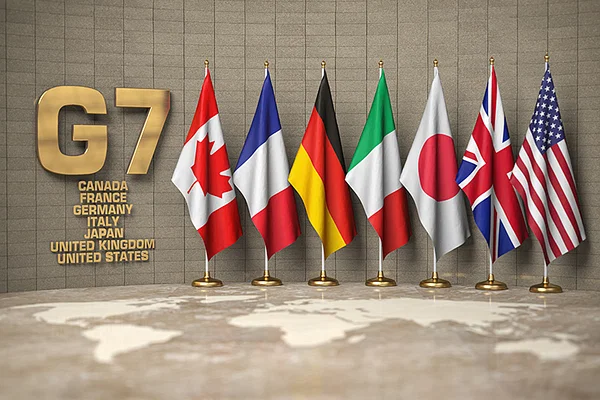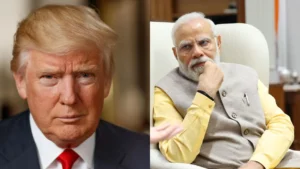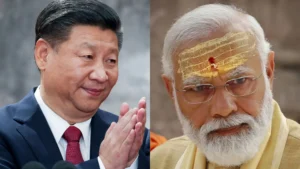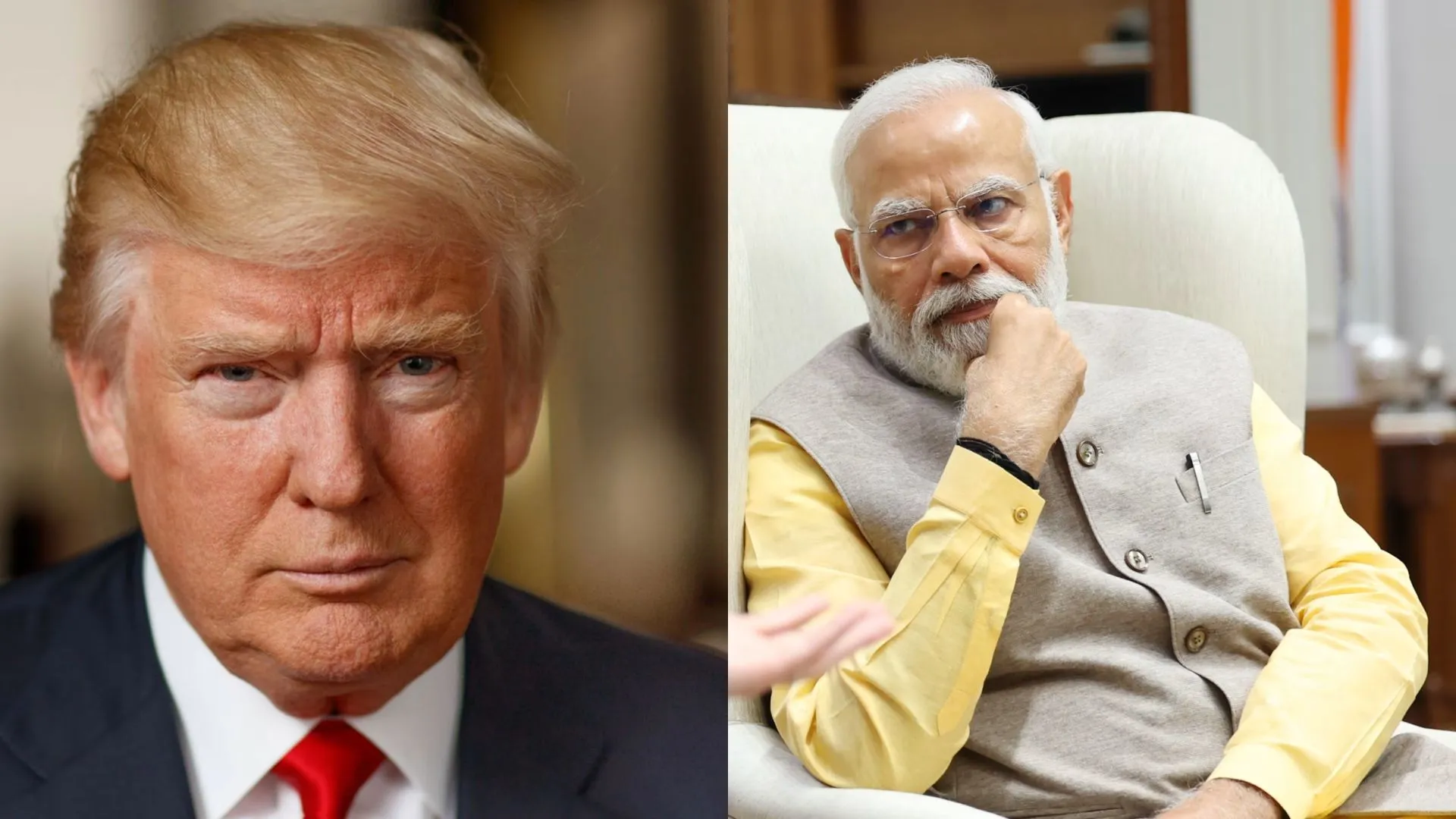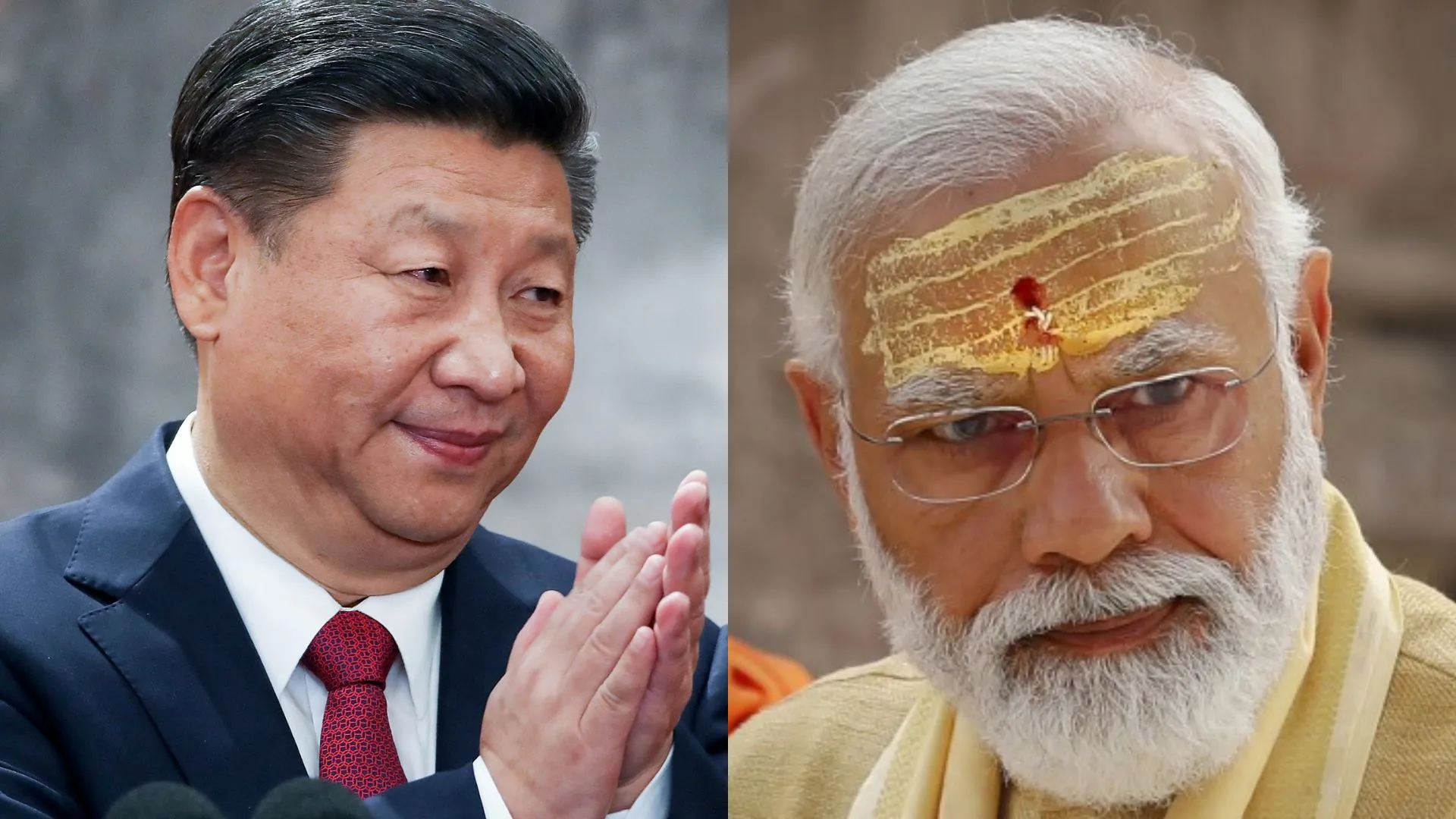Foreign ministers from the Group of Seven nations have condemned Russia’s aggression against Ukraine in the harshest terms imaginable, warning that any use of chemical, biological, or nuclear weapons by Moscow would result in “severe consequences.”
In a joint statement issued after two days of talks in the resort town of Karuizawa in central Japan, top diplomats of the G7 countries reiterated their call on third parties to “cease assistance to Russia’s war, or face severe costs.” “We will reinforce our coordination to prevent and respond to third parties supplying weapons to Russia and continue to take actions against those who materially support Russia’s war against Ukraine,” the communique read.
Top diplomats from the United Kingdom, Canada, France, Germany, Italy, Japan, and the United States, as well as the European Union, called Russia’s threat to place nuclear weapons in Belarus “unacceptable.”
The G-7 leaders emphasised that Russia’s “war of aggression” against Ukraine is a major breach of international law, including the UN Charter, and that Russia must remove all soldiers and equipment from Ukraine immediately and unconditionally.
“We recommit today to supporting Ukraine for as long as it takes and to providing sustained security, economic, and institutional support to help Ukraine defend itself, secure its free and democratic future, and deter future Russian aggression,” it said.
“We will continue to help Ukraine repair and restore its critical energy and environmental infrastructure and reemphasize our strong support for Ukraine’s energy security. Ukraine’s anti-corruption and domestic reform efforts must continue, and we will support them. In this regard, we reiterate our full confidence in the G7 Ambassadors Support Group in Ukraine and its role of supporting the implementation process,” the statement read.
Recalling the importance of the 77-year record of non-use of nuclear weapons since 1945, the G-7 countries condemned Russia’s continued seizure and militarization of Zaporizhzhya Nuclear Power Plant (ZNPP), which “could lead to potentially severe consequences for nuclear safety and security.”
“We support the International Atomic Energy Agency’s (IAEA) efforts to help strengthen nuclear safety and security in Ukraine, including the Director General’s leadership on efforts at the ZNPP,” the joint communique of the G-7 ministers said.
The statement said, “There can be no impunity for war crimes and other atrocities such as Russia’s attacks against civilians and critical civilian infrastructure.”
It also criticised the illegal expulsion and transfer of Ukrainians, especially minors, as well as conflict-related sexual assault against Ukrainians.
The G7 leaders reaffirmed their commitment to holding those responsible accountable in accordance with international law by investigating the establishment of an internationalised tribunal based in Ukraine’s court system to pursue the act of aggression against Ukraine.
Furthermore, the G7 leaders emphasised the necessity of protecting and preserving Ukrainian cultural artefacts and traditions that have been destroyed or threatened by the war.
“Russia’s weaponization of food and energy resources has compounded economic vulnerabilities, exacerbated already dire humanitarian crises, and escalated global food and energy insecurity. We will continue to provide assistance, including food-related aid, to help affected countries and populations,” the ministers said.
The ministers also affirmed their intent to support the sovereignty, independence, and territorial integrity of Central Asian countries.
“We commit to working together with Central Asian countries to address regional challenges, including the consequences of Russia’s war of aggression, the destabilizing effect of the situation in Afghanistan, food and energy insecurity, terrorism, and the consequences of climate change,” it said.
The G7 ministers also agreed that peace and security in the Taiwan Strait was “indispensable element in security and prosperity in the international community” and opposed militarisation of the South China Sea. They called on Beijing to act as a responsible member of the international community.
The joint communique also included a demand that North Korea “refrain” from new nuclear tests or ballistic missile launches.
The G7 ministers also agreed that peace and security in the Taiwan Strait was “indispensable element in security and prosperity in the international community” and opposed militarisation of the South China Sea. They urged Beijing to behave responsibly as a member of the international community.
The united communiqué also demanded that North Korea “refrain” from conducting future nuclear tests or launching ballistic missiles.


